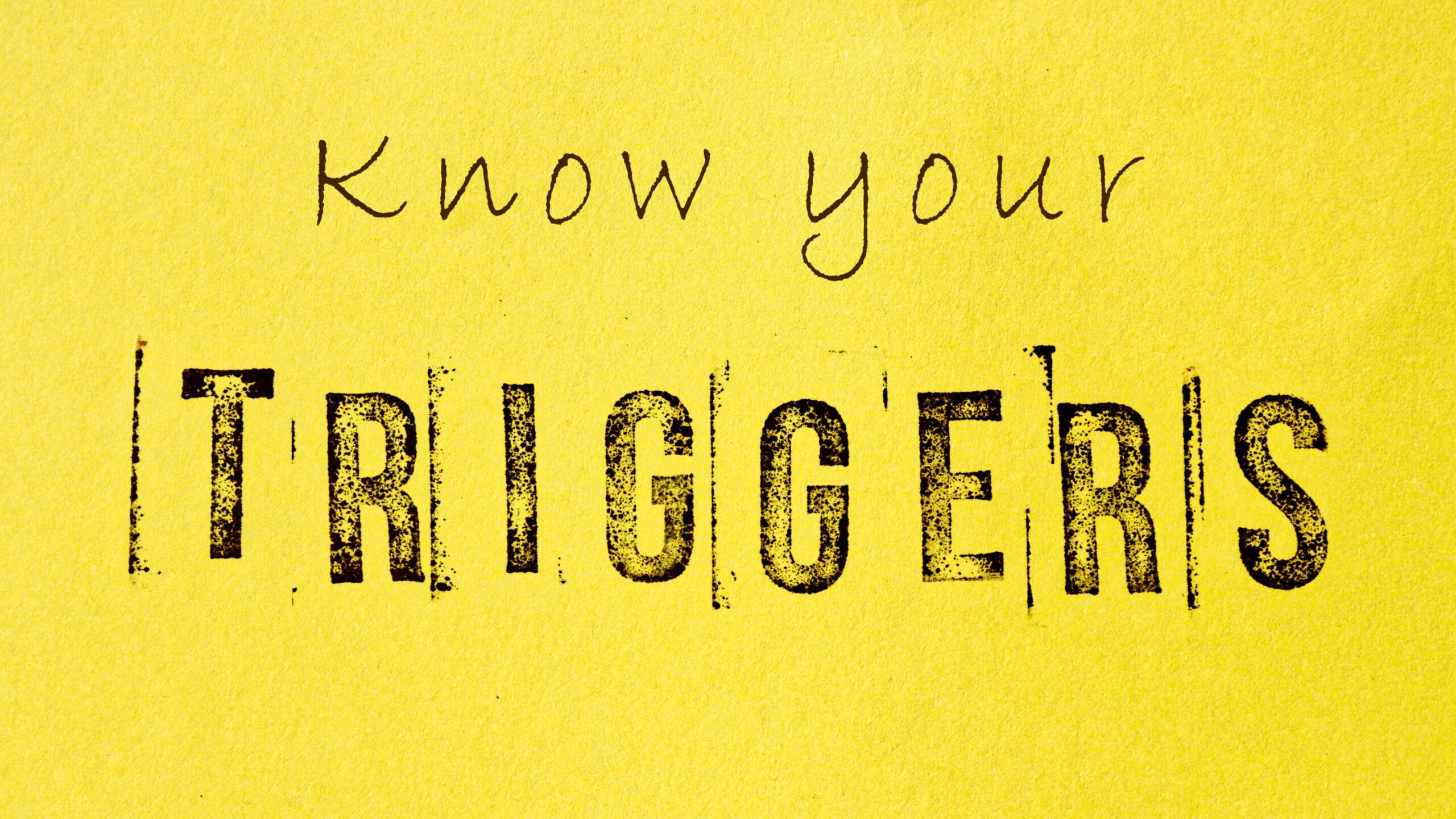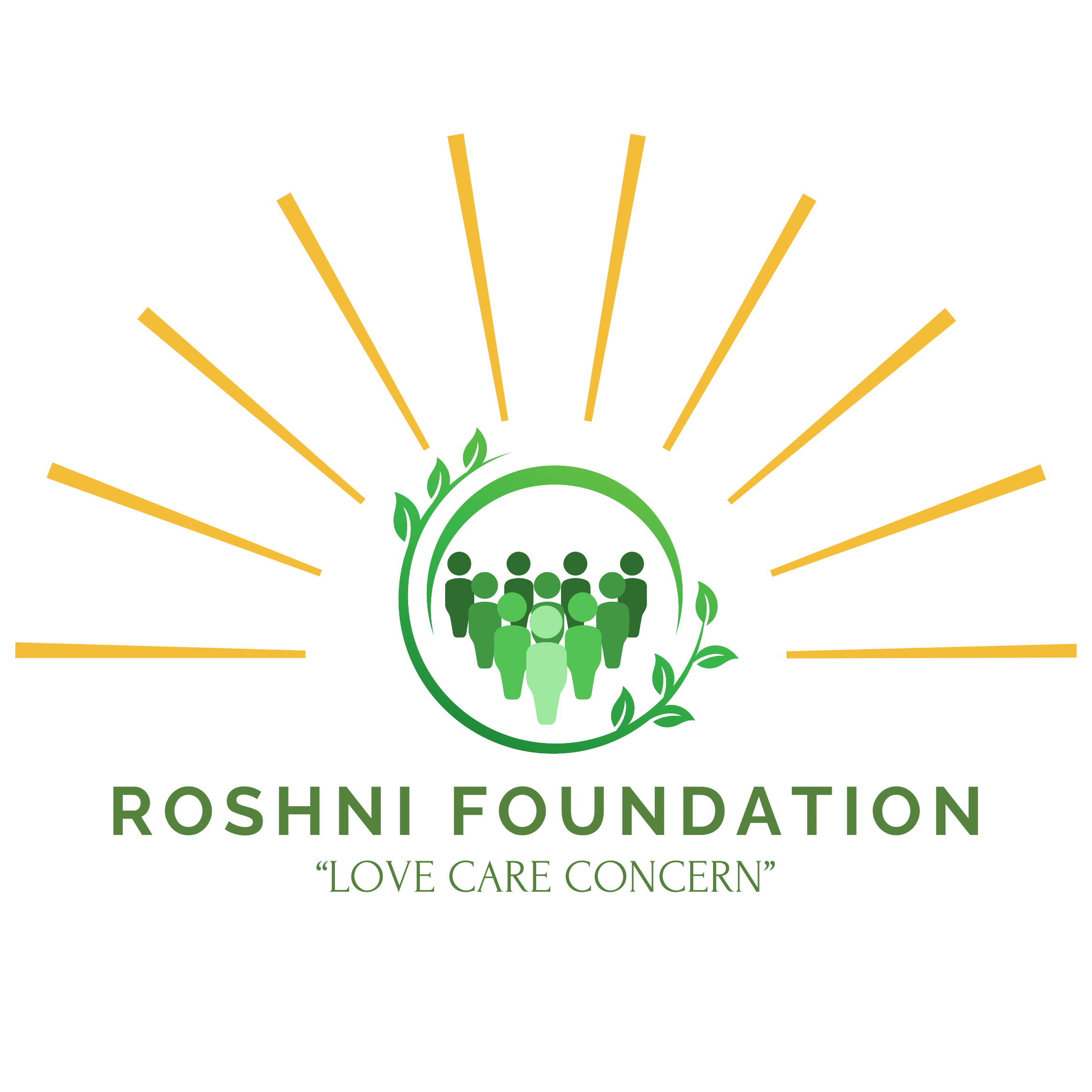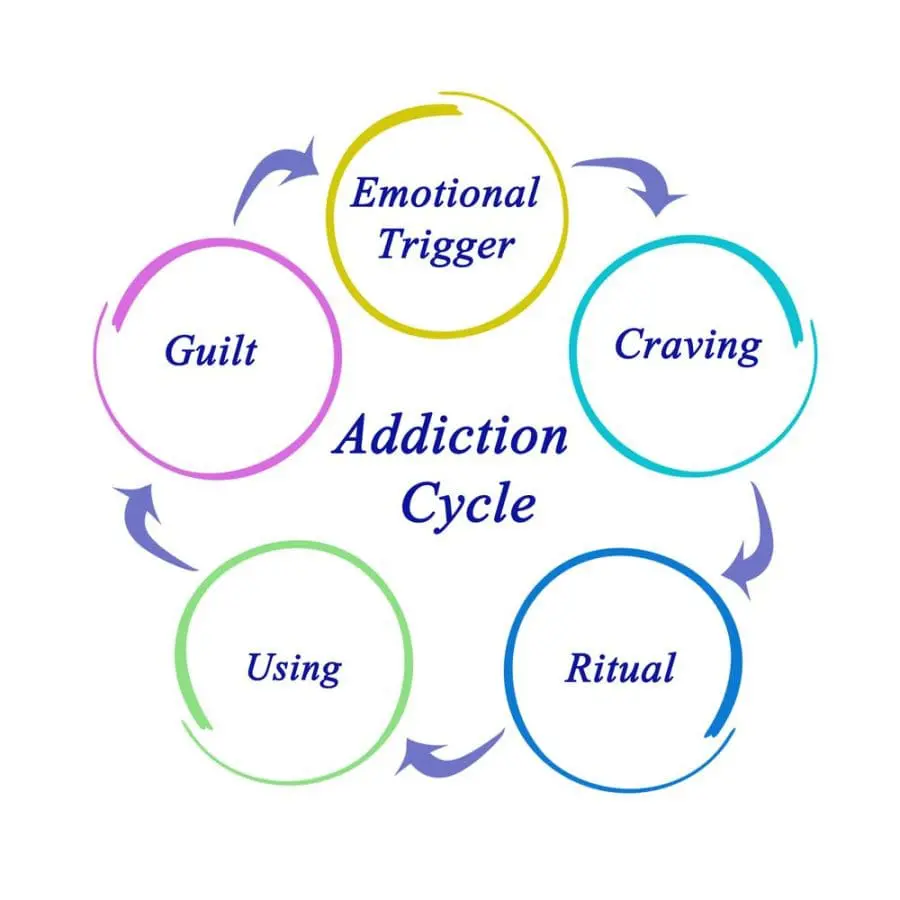One of the most essential steps in sustaining recovery is learning how to avoid addiction triggers. Triggers are internal or external cues that prompt the urge to use substances. Whether emotional, environmental, or social, they often catch people off guard and put them at risk of relapse. Understanding and managing these triggers is a powerful tool in any recovery journey.
At Roshni Foundation, we believe that relapse prevention begins with awareness and strategy. As one of the leading centres for addiction recovery, Roshni Foundation has seen countless lives transformed by the simple, consistent practice of identifying and controlling high-risk situations. Recovery doesn’t mean avoiding life—it means learning how to avoid addiction triggers while still fully engaging with the world.
If you’re wondering how to avoid addiction triggers effectively, you’re not alone. Many people in recovery are surprised by how easily old habits try to creep back in. The key lies in preparation, routine, support, and a personalised plan that works for your unique lifestyle.
Understanding the Importance of Triggers
To fully understand how to avoid addiction triggers, you must first recognise what a trigger is. Triggers are any people, places, emotions, memories, or events that cause a person to crave drugs or alcohol. Some triggers are obvious, like being offered a drink at a party. Others are subtle, such as feeling anxious after a stressful day at work.
At Roshni Foundation, we help individuals track patterns that often lead to cravings. Knowing what causes these emotional shifts is the first step toward regaining control. The more aware you are of your personal triggers, the more equipped you’ll be to respond with healthy coping strategies.
How To Avoid Addiction Triggers
1. Identify Personal Triggers Through Self-Reflection
The foundation of how to avoid addiction triggers lies in awareness. Begin by identifying situations, feelings, or people that have historically led to substance use. Triggers can be external (people, places, social settings) or internal (stress, boredom, sadness).
Journaling, therapy, and mindfulness can all help in identifying patterns. For example, you may find that arguments with a family member, financial stress, or loneliness often precede cravings.
At Roshni Foundation, we conduct in-depth assessments to help individuals uncover these patterns in a safe, therapeutic environment.
2. Create a Trigger Management Plan
Once you identify your triggers, the next step in how to avoid addiction triggers is creating a plan. This involves listing each known trigger and designing a healthy coping strategy for it. For example:
-
Trigger: Stress from work
Strategy: Exercise, deep breathing, and talk to a mentor -
Trigger: Social pressure at parties
Strategy: Attend only sober events or go with a supportive friend
Avoidance is not always possible, but preparation gives you power. Knowing what to expect lowers anxiety and helps you respond mindfully rather than react emotionally.
3. Replace Triggers With Positive Habits
A major part of how to avoid addiction triggers is substitution—replacing negative environments and habits with positive ones. You can’t just remove a behaviour; you need to fill the void with something meaningful.
Instead of going to a bar, consider:
-
Joining a fitness class
-
Taking up creative hobbies like painting or writing
-
Meeting sober friends for coffee
At Roshni Foundation, we promote lifestyle changes that support sobriety by integrating holistic therapies and productive routines into daily life. These new habits retrain the brain to seek positive rewards instead of harmful ones.

4. Build a Strong Support Network
Support is critical when learning how to avoid addiction triggers. Whether it’s friends, family, a mentor, or a support group, staying connected helps prevent feelings of isolation that can lead to relapse.
Group therapy and 12-step programs are excellent ways to stay accountable. When you’re facing a trigger, talking to someone who understands your struggle can make all the difference.
Roshni Foundation incorporates group therapy, peer support, and alumni programs to ensure individuals have someone to lean on long after formal treatment ends.
5. Avoid High-Risk Situations
Sometimes, the best way to learn how to avoid addiction triggers is to avoid them altogether. If you know certain events, people, or environments are dangerous for your sobriety, permit yourself to say no.
Avoiding:
-
Parties where substances are present
-
Friends who still use drugs or alcohol
-
Toxic relationships that lead to emotional distress
This isn’t weakness—it’s wisdom. Your sobriety should always come first. Over time, new, healthier environments will replace the old ones and become your new normal.
6. Practice Emotional Regulation and Stress Management
Emotional triggers like anger, anxiety, and depression are common relapse causes. Learning emotional regulation is an advanced but crucial step in how to avoid addiction triggers.
Techniques such as:
-
Deep breathing
-
Meditation and mindfulness
-
Guided imagery
-
Cognitive Behavioural Therapy (CBT)
All help in developing emotional control and reducing impulsive responses. At Roshni Foundation, clients are trained in multiple evidence-based techniques to manage emotional waves that could otherwise lead to relapse.
7. Use Mindfulness to Stay Present
Mindfulness is a powerful technique in learning how to avoid addiction triggers. It involves observing your thoughts and feelings without judgment and staying grounded in the present moment.
By practising mindfulness:
-
You learn to pause before reacting
-
You become aware of subtle cravings
-
You can respond thoughtfully rather than impulsively
Daily meditation—even just 10 minutes—can build emotional awareness and reduce the power of triggers.
8. Develop a Daily Routine
Routine gives your life structure and reduces uncertainty, one of the key elements in how to avoid addiction triggers. Consistent sleep, exercise, nutrition, and activity schedules help maintain mental stability.
When your day has purpose, there’s less room for cravings or boredom to sneak in. At Roshni Foundation, daily routines are designed to create stability and reinforce discipline.

Final Thoughts: A Strategy That Evolves With You
Learning how to avoid addiction triggers is not a one-time lesson. It’s an ongoing process of growth, self-discovery, and strategy. With the right support, self-awareness, and daily practices, it becomes easier each day to choose sobriety over temptation.
If you’re searching for guidance on your recovery journey, look no further than the Best Rehab centre in Dehradun, Roshni Foundation. Our team is here to help you identify triggers, build resilience, and live a fulfilling life free from addiction.

